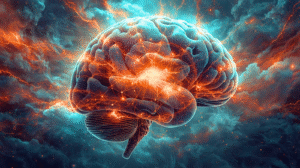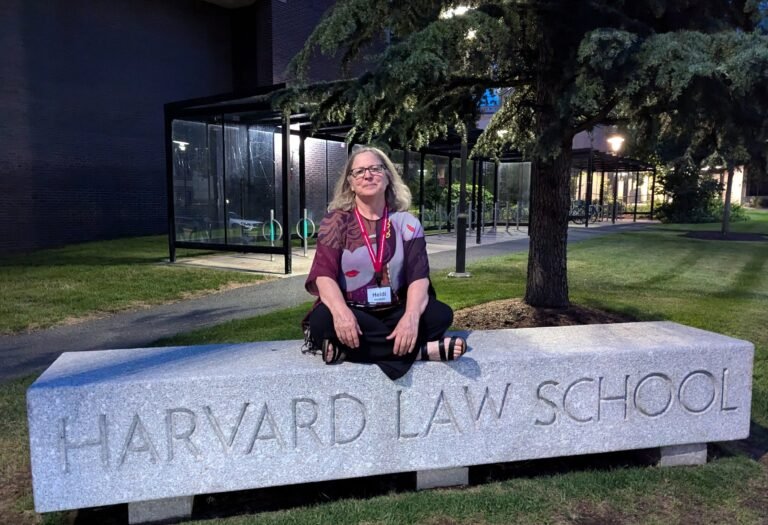
People often ask how psilocybin can create meaningful change after just one well-supported experience. A new study from Copenhagen takes us a step closer to understanding the answer. Researchers used PET imaging to look at synaptic density in the human brain after a single dose of psilocybin. They already knew from animal studies that psychedelics can promote rapid growth of new synaptic connections, but this is the first time anyone has attempted to measure that process in healthy humans.
The study included fifteen adults who each received one psilocybin session. Half spent their session inside an MRI scanner, surrounded by noise, machinery, and constant monitoring. The others spent their session in a quiet therapeutic room with music, support staff, and a calming environment. All participants completed PET scans before their psilocybin session and again one week later.
The results surprised the researchers. Overall, there was no statistically significant increase in synaptic density across the whole sample. But when they looked closely at where participants completed their sessions, a clear pattern emerged. Those in the therapeutic room showed a five to six percent increase in synaptic density in parts of the brain involved in memory, emotion, and decision-making. Those in the MRI scanner did not.
The experience itself also differed. Participants in the therapeutic room had deeper mystical-type experiences, a greater sense of emotional connection, and more lasting psychological benefits at the three-month follow-up. The MRI environment muted those effects. The study suggests that neuroplasticity may not be driven by psilocybin alone but by the combination of psilocybin and the emotional depth of the experience. When the environment supports vulnerability and insight, the brain responds differently.
For people who are struggling with depression, anxiety, or feeling stuck in old patterns, this study offers something meaningful. It helps explain why a clinical approach that treats psilocybin ( and probably ketamine?) like a standard medication—administered quickly, quietly, and without relationship—does not create the same outcomes. It also reinforces what many clients already feel: the setting matters. The care you receive, the room you’re in, the music, the guidance, the sense of safety—all of these shape the experience, and the experience shapes the brain.
In Oregon’s licensed psilocybin service centers, the law was designed with this principle in mind. Sessions usually take place in warm, calm environments intended to support insight rather than suppress it. This research helps explain why that model works. It also helps explain why a single, well-held psilocybin experience can shift patterns that years of talk therapy or daily medication may not touch. The brain changes when the person feels safe enough.
At Vital Reset, every session is built around that understanding. The environment is not an afterthought—it is part of the medicine.


